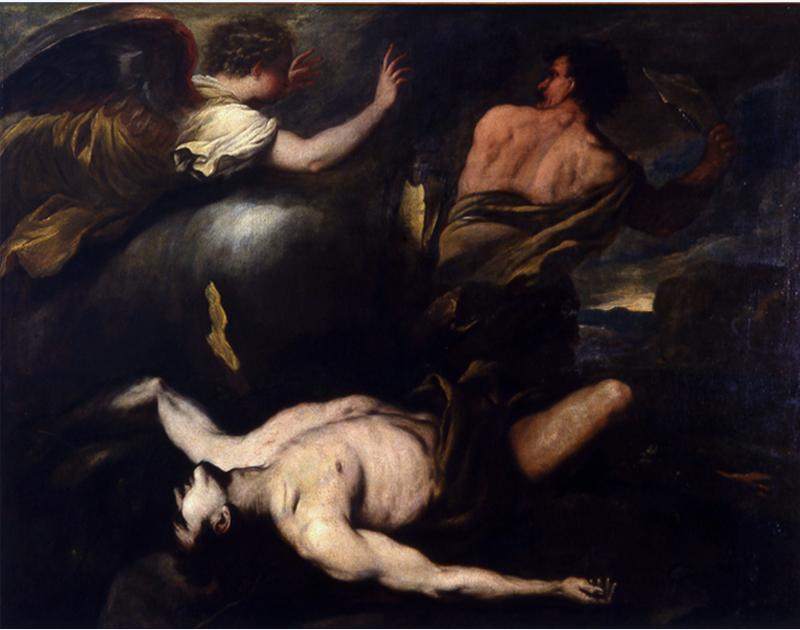
After Cain killed his brother Abel, the Bible tells us about the following dialogue between God and Cain:
“Then the LORD said to Cain, ‘Where is your brother Abel? I don’t know, he replied. Am I my brother’s keeper?’ (Genesis 4:9)
Cain’s reply, ‘Am I my brother’s keeper?’ has become one of the most well-known biblical expressions and has raised many theological and philosophical questions through the years. In this post , I would like to share with you a fascinating ancient Jewish ‘Midrash’ {מדרש} (lesson) which attempts, in a very creative way, to give us a lesson about one of the main principles of the Bible – free will.
The ‘Midrash’ begins with a question regarding the nature of this ‘odd’ dialogue between God and Cain, and explains that God question for Cain (similar to His question to Adam) is not so much of a question but more of a chance to come clean and for Cain to accept responsibility for his sinful actions.
Following this line of thinking, the Midrash interprets the dialogue between God and Cain by using an allegory which stands behind the biblical words, ‘Am I my brother’s keeper?’ Also, it is based on the double (and even triple) meaning of the Hebrew word for ‘keeper’ which is ‘Shomer.’ {שומר}
The Midrash uses the following allegory: A thief sneaked into a building in the middle of the night and while the guard was sleeping, and he stole something. Now on his way back from the mission, the thief made a noise and the guard woke up and noticed the thief. Immediately, the guard shouted to the thief “What are you doing?” and “Why are you stealing?” and the thief replied, “I’m only doing my job which is stealing – the real question is why are you not doing your job which is watching for thieves….?”
Before we will talk about the meaning of this allegory, we need to explain that the Hebrew word ‘Shomer’ {שומר} that was translated to English as ‘keeper’ has more than just one meaning and it is also means ‘to guard’ or ‘to watch.’
In other words, according to the deeper meaning of this Midrash, when Cain asked ‘Am I my brother’s keeper?’, he was in effect saying to God, ‘I’m not the guardian of my brother and you are aware of my murderous nature, so this whole thing (the killing of Abel) is not my fault. Moreover, the responsibility for Abel’s life (or death) is of God because God is in fact the TRUE ‘Abel’s keeper’ or ‘Abel’s guardian’ and He was supposed to ‘watch over Abel.’
In Hebrew the word ‘Shomer’ means ALL of those things: ‘keeper’, ‘guardian’ and ‘watcher’ and that lies at the center of the interpretation of this Midrash.
Now, Cain had raised a very interesting argument which is the foundation of the eternal philosophical and theological question for the ultimate responsibility for one’s actions. Because of what Cain actually said (according to this Midrash)- that this is not his fault because this is who he is – a murderer – and for sure one cannot expect a murder to be the ‘keeper’?!
However, the answer for this question lies in the outstanding words of God, which were told to Cain before he killed Abel and warned him of choosing the wrong path:
“Then the LORD said to Cain, ͞Why are you angry? Why is your face downcast? If you do what is right, will you not be accepted? But if you do not do what is right, sin is crouching at your door; it desires to have you, but you must rule over it.” Genesis 4: 6-8)
Instead of doing what is right and being ‘his brother’s keeper’ Cain had chosen to do what is wrong and to be ‘his brother’s murderer’ – in both cases Cain MADE a decision…
